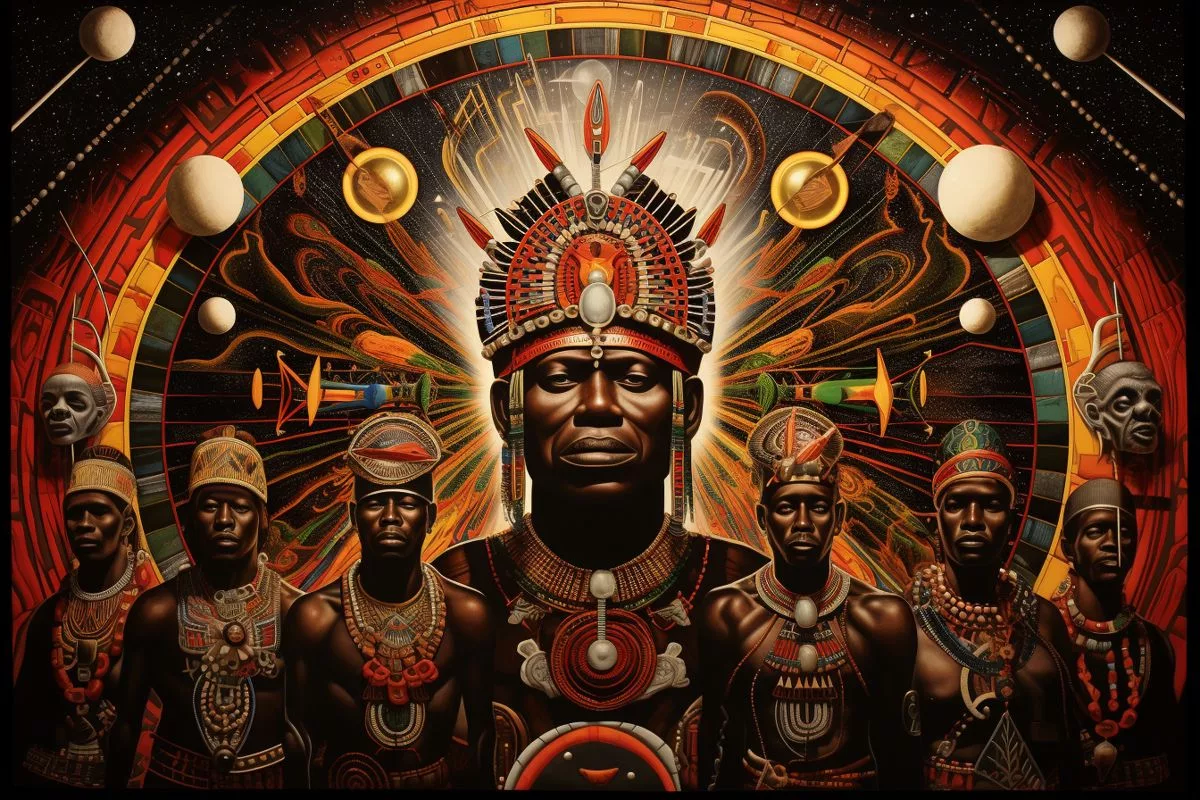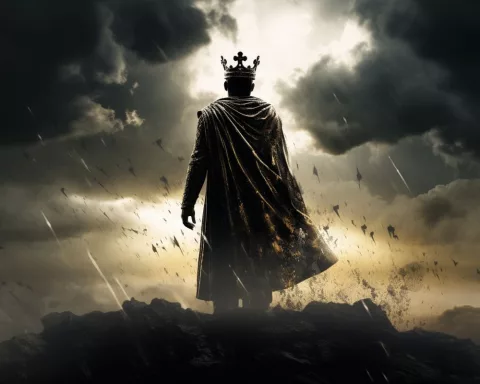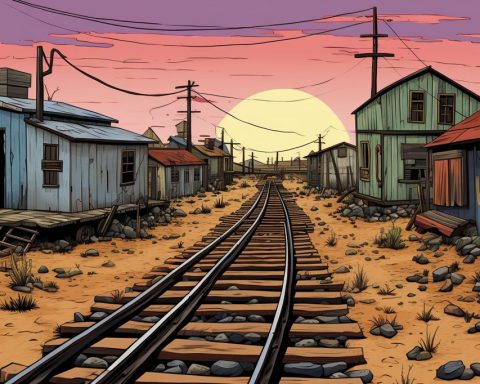The nullification of King Misuzulu’s recognition has significant cultural and political repercussions, sparking a national dialogue on the crossroads of tradition and legality in South Africa. While opinions are divided, King Misuzulu aims to preserve harmony and stability within the Zulu community amid these volatile times. The nation awaits the unfolding of the next chapter in a saga steeped in history and the present day.
The Court’s Decision
The recent decision by the Pretoria High Court has brought the succession of King Misuzulu kaZwelithini and the associated processes into the limelight. The court has deemed President Cyril Ramaphosa’s formal recognition of the king as “unlawful and invalid.” This verdict has significant cultural and political repercussions, causing uncertainty within the Zulu community.
Implications for Zulu Identity and Governance
The Zulu monarchy holds a significant place in South Africa’s cultural tapestry, with the king being viewed as the guardian of Zulu heritage. The nullification of King Misuzulu’s recognition has implications beyond legal procedures, striking at the core of Zulu identity and governance.
King Misuzulu’s Response
King Misuzulu has urged for tranquility, highlighting the intricate mechanics of royal succession and his commitment to preserving harmony and stability within the Zulu community amid these volatile times.
Investigative Committee
The court’s pronouncement has mandated an investigative committee to delve deeper into the subject, as President Ramaphosa’s original endorsement is now under the microscope.
Divided Opinions
Opinions on the ruling are divided, as reflected in a myriad of tweets. The online dialogue mirrors the broader societal rift, ranging from declarations of allegiance to King Misuzulu to critical evaluations of the court’s judgement.
Tradition vs Legality
The call for an inquiry and subsequent discussions ignite a national dialogue on the crossroads of tradition and legality. As South Africa wrestles with acknowledging traditional authorities in a modern state, the final outcome will set the tone for future generations.
The Next Chapter
For now, King Misuzulu kaZwelithini remains at the epicenter of the Zulu nation’s narrative. The nation awaits the unfolding of the next chapter in a saga steeped in history and the present day. Cape Town Today pledges to keep a close eye on this momentous matter as the nation looks on with bated breath.
The Zulu nation is currently undergoing a pivotal period of introspection and legal examination. With the contention over the rightful leader of the Zulu nation exceeding the boundaries of legal discourse, cultural, historical, and emotional factors weigh heavily in this evolving narrative.
1. What was the recent decision by the Pretoria High Court regarding the Zulu monarchy?
The Pretoria High Court deemed President Cyril Ramaphosa’s formal recognition of King Misuzulu kaZwelithini as “unlawful and invalid.”
2. What are the implications of the nullification of King Misuzulu’s recognition?
The nullification has implications beyond legal procedures, striking at the core of Zulu identity and governance, as the Zulu monarchy holds a significant place in South Africa’s cultural tapestry, with the king being viewed as the guardian of Zulu heritage.
3. How did King Misuzulu respond to the court’s decision?
King Misuzulu urged for tranquility, highlighting the intricate mechanics of royal succession and his commitment to preserving harmony and stability within the Zulu community amid these volatile times.
4. What has the court’s pronouncement mandated?
The court’s pronouncement has mandated an investigative committee to delve deeper into the subject, as President Ramaphosa’s original endorsement is now under the microscope.
5. What national dialogue has been sparked by the nullification of King Misuzulu’s recognition?
The nullification of King Misuzulu’s recognition has sparked a national dialogue on the crossroads of tradition and legality in South Africa, as the call for an inquiry and subsequent discussions ignite discussions on acknowledging traditional authorities in a modern state, and the final outcome will set the tone for future generations.











